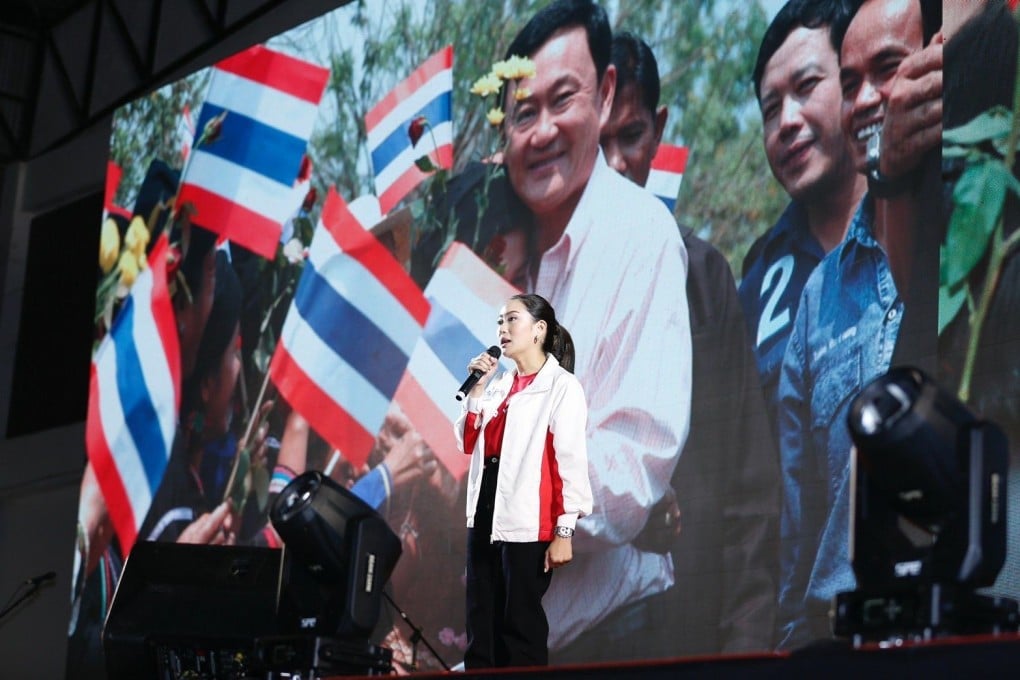Advertisement
Thailand’s Thaksin plans a return amid rumours of a ‘super-deal’ placing Move Forward in opposition
- Ahead of the ex-PM’s planned return, the more radical but embattled Move Forward Party is now the kingdom’s dominant pro-democracy force
- The Pheu Thai party will be challenged to break from Move Forward, while sustaining as little lasting damage as possible to its pro-democracy brand
Reading Time:4 minutes
Why you can trust SCMP
4

Even in his absence, Thaksin Shinawatra has remained at the fulcrum of politics in Thailand.
The ex-prime minister fled into self-exile in 2008, spending his time in London, Dubai and Hong Kong, as court cases stacked up against him, two years after a coup toppled his elected government.
But in under two weeks, Thaksin – Thailand’s only civilian leader to finish a term and then be re-elected – appears poised to finally return home.
Advertisement
If he does so on August 10 as expected, he will return to a changed country.
His family’s Pheu Thai Party no longer automatically carries the votes of the rural and urban poor. Instead, the more radical Move Forward Party has emerged as the kingdom’s dominant pro-democracy force, after the public warmed to its messages on structural reforms and economic and social equality.
Advertisement
Still, Pheu Thai is trying to form a government after election-winning Move Forward was blocked from power.
Advertisement
Select Voice
Select Speed
1.00x